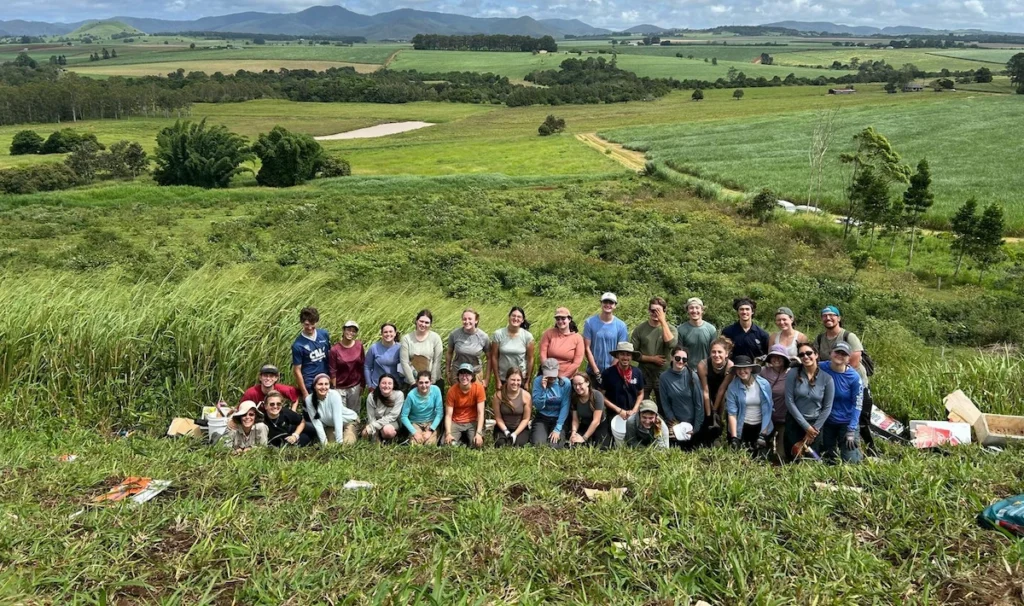Impacts of Waste Management in Costa Rica
Over the past 20 years, Mal Pais and Santa Teresa on Costa Rica’s Nicoya Peninsula have undergone a dramatic transformation from fishing and farming economies to popular international tourism areas. The shift has been rapid and unplanned, resulting in strains on local infrastructure. One branch of public services most effected and unable to adapt has been solid waste disposal. The nearest landfill has reached maximum capacity and a recycling collection point has also closed. The lack of proper disposal options has caused increased illegal dumping. The waste often flows directly into waterways, threatening water quality, wildlife and the tourism that has sparked economic growth. Multiple players, with complex perspectives, make it harder to reach consensus.
This Directed Research project, led by Professor Mary Little, examines the various impacts that increased waste generation is having on the community, from studying the environmental consequences of contamination to the economic implications for the tourism sector and local residents. By identifying the challenges the communities face when addressing solid waste management and analyzing potential participants’ attitudes towards recycling, students will generate information on what interventions will be most effective and how to strengthen initial recycling efforts.
Watch this video—by students Ethan Johnson and Leslie Ramos—to learn more.
The aim of the Directed Research course is to provide students with the opportunity to apply the scientific process in a field research project addressing a local issue related to the environment. Directed Research topics are derived from the SFS Center’s Five-Year Research Plan (5YRP) as defined by the Center staff and local stakeholders. Thus, the Center’s research agenda is driven by local needs and interests. Through Directed Research, students will contribute to a growing body of scientific research that informs local conservation and resource management decisions.
Related Posts

Cinder Cone Chronicles: Lessons from Drought, Data, and Determination

Restoration on a Cinder Cone: A Syntropic Story
